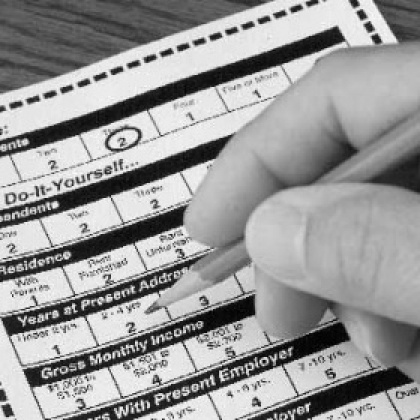08/29/2019: How to Raise Financially Savvy Kids
A lot of us heard “money doesn’t grow on trees” early on in life. While this is a good aphorism to convey scarcity, it’s important to teach kids where money DOES come from and how to make good choices with it. We don’t mean that they need to learn about central banks or treasury markets, but it is beneficial that they understand the basics of how money works.
Childhood is the prime time to learn the smart use of money. Children are in stages of development where they’re easily influenced, and the habits they build now will last long into adulthood. Here are some tips on teaching your kids smart money habits.
Number 1: Start Money Conversations Early
Even at a very young age, kids can understand basic tenants of frugality and rationing. Conveying concepts of “more vs. less” and “wants vs. needs” doesn’t have to be hard. Relate these to things they know like pieces of candy, toys, and play time. For example, let them earn reading-time tokens to cash in for treats. Once kids have a basic understanding of these two concepts, it will help them understand other money-saving strategies in the future.
Number 2: Use Physical Money
Let your kids see and count actual money. In today’s debit and credit card world, physical money helps them understand that money is a physical thing that can’t be infinitely produced. Let your kids keep their money in a jar or piggy bank and use it when they want to buy something. It’s an easy way to introduce the concept of saving and to show how money “works.” Using physical money instead of cards can even help adults who have trouble controlling spending.
Number 3: Pay Your Kids for Chores
Giving your kids the opportunity to earn money for their work is a great way to build money awareness. Simple chores like taking out the trash, making the bed, or walking the dog are great ways to teach the value of earning their own money. This will help them appreciate money more, and it will prepare them for the real world.
It’s equally important to let them do what they want with the money they earn — even if it means making a bad decision. It’s a good way for kids to learn financial autonomy and how to make smart decisions. Give them free will, but help guide them through the purchase decision-making process. Obviously, there are limits you can set with what you think is appropriate.
Number 4: Don’t Bail Your Kids Out When They Don’t Have Enough Money
One of the best ways to teach your kids delayed gratification — let them “struggle.” When they’re begging for money for something they want, don’t give in. Instead, help them understand that they can buy something within their budget or save up more for the thing they really want. Learning this now will help them avoid future temptations of credit card debt and taking out loans they can’t afford.
Number 5: Bring Your Kids to the Bank
Taking your kids to the bank helps them to bridge the gap between making, receiving, and saving money. Let them watch you make deposits and withdrawals, check financial statements, and receive financial advice from your bankers. When they’re old enough, start a savings account with them and let them track how interest helps their money grow. This also gives them the opportunity to ask questions and become comfortable working with financial experts.
With the right approach, you can teach your kids to succeed financially and manage their money with ease. The knowledgeable team at Peoples Bank is here to help you and them along the way. To learn more about our financial services, visit any of our locations in Cuba, Steelville, Sullivan, or Bourbon.




